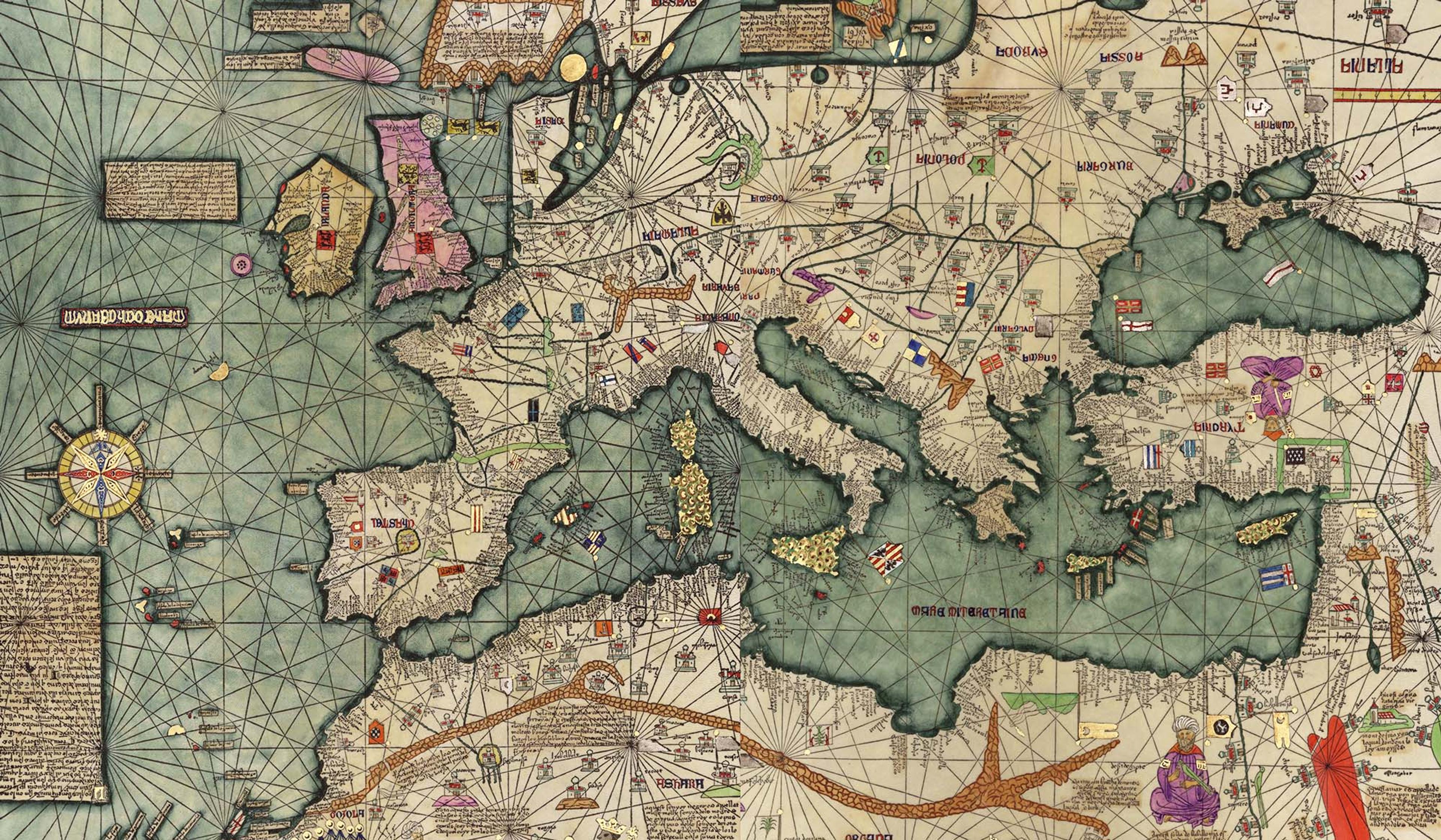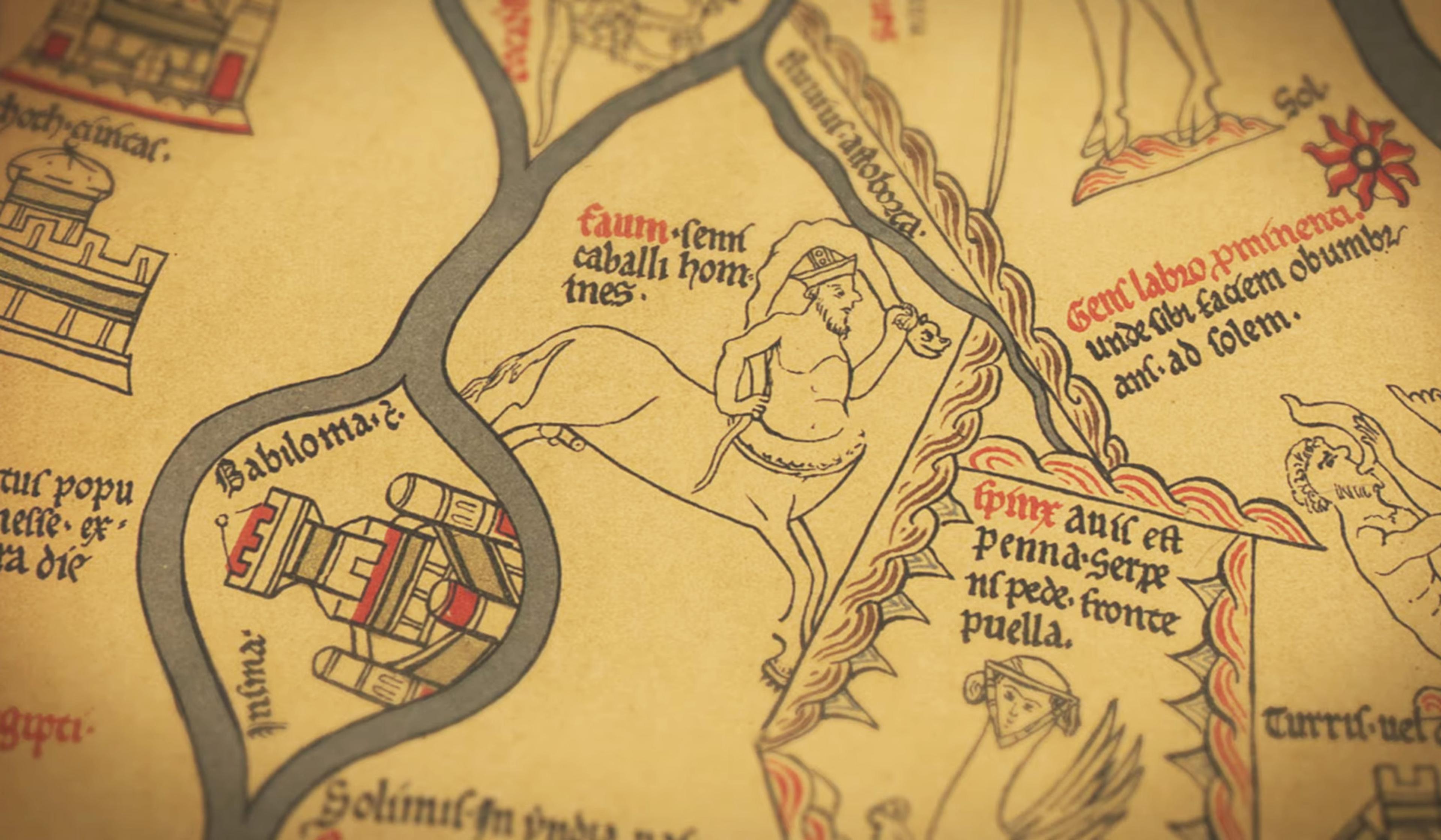The Astronomicum Caesareum (1540) by the German mathematician, astronomer and cartographer Petrus Apianus was used by the privileged – including the Holy Roman emperor Charles V, who commissioned it, and the Tudor king Henry VIII – to find guidance, knowledge and fate in the stars. Produced over eight years at Apianus’s printing press in Bavaria, it was also extraordinarily beautiful, with hand-coloured illustrations, rotating paper dials and silk threads helping to steer its owner’s astrological forecast. Taking viewers on a guided tour of one of the original copies of the Astronomicum Caesareum, this short from the Metropolitan Museum of Art in New York City explores the book’s elegance, intricacy and function. Through this, the video conveys the prevalence of astrology in the 16th century, and how the book emerged in an uncertain world in which long-held beliefs – including geocentrism – were being upended.
How one of history’s most beautiful books was used to find fate in the cosmos

videoAstronomy
The remarkable innovations inspired by our need to know the night sky
5 minutes

videoHistory of technology
Master cartography and mythical creatures – the world according to the Catalan Atlas
8 minutes

videoHistory of science
Ideas ‘of pure genius’ – how astronomers have measured the Universe across history
29 minutes

videoGlobal history
The famed medieval map that stretched beyond Earth to heaven, history and myth
5 minutes

videoThe ancient world
Why did the Romans create a massive, entirely impractical map of their empire?
7 minutes

videoHistory of science
How an ancient polymath first calculated Earth’s size, as told by Carl Sagan
7 minutes

videoDesign and fashion
Beyond fortune-telling – the enduring beauty and allure of tarot
16 minutes

videoArchaeology
How researchers finally solved the puzzle of the oldest known map of the world
18 minutes

videoCosmology
A journey from the Himalayas to the edge of our cosmic horizon in space and time
7 minutes